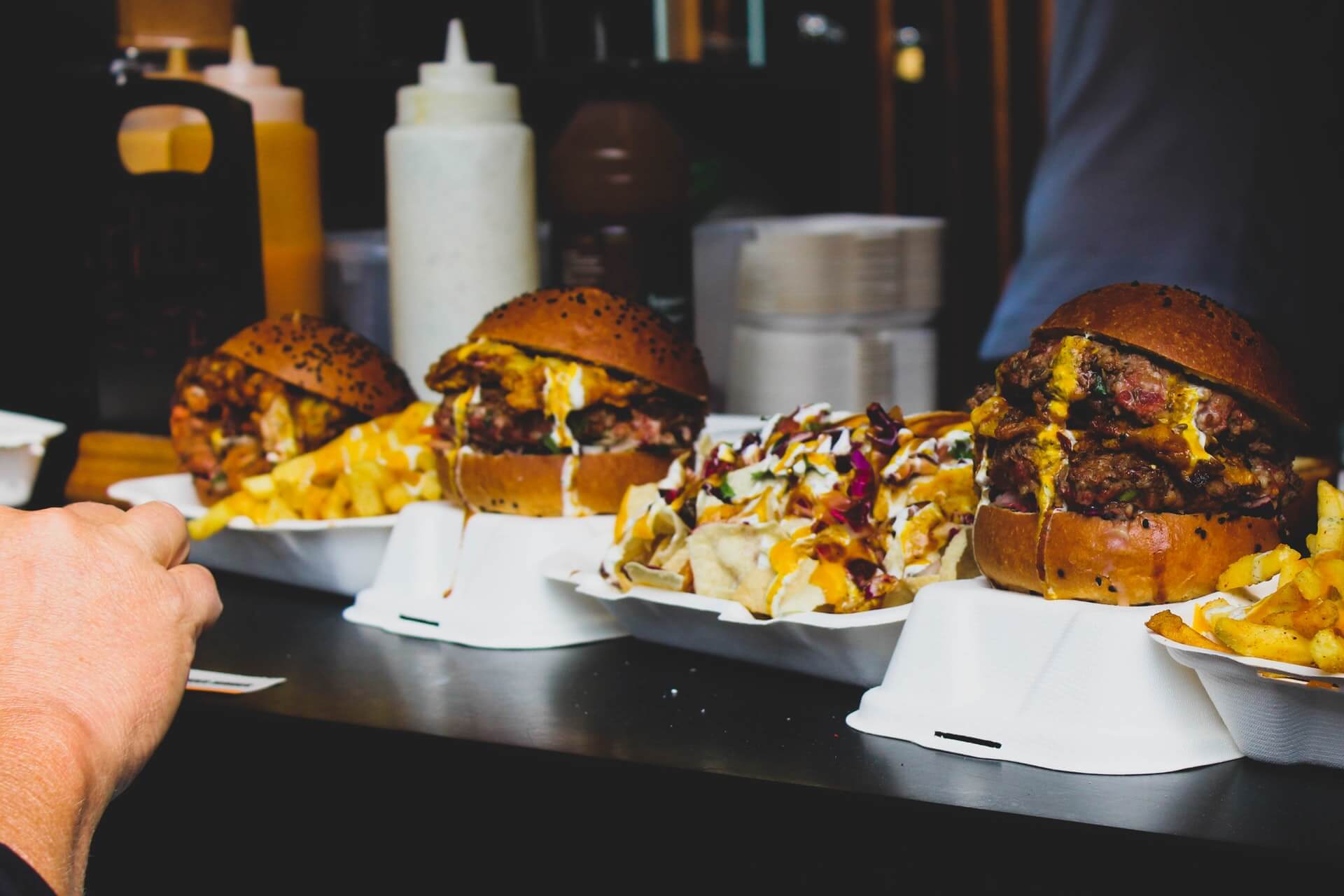Top 2021 KRG Hospitality Articles
by David Klemt

We’ve gathered the top KRG Hospitality articles from 2021 and separated them into five distinct categories: Food, Beverage, Operations, Marketing & Promotions, and Industry News
Food
Delivery and Takeout Food Trends for 2021: Canada
It should come as no surprise that interest in what food items Canadian consumers wanted to order for delivery and takeout skyrocketed last year. (link)
Delivery and Takeout Food Trends for 2021: United States
Obviously, owners, operators and management wanted to stay current on consumer food trends in the USA as well. (link)
Have a Slice of Nostalgia: The Return of Viennetta
Never underestimate the marketing, promotions, and profitability power of nostalgia. This is particularly true when people are seeking comfort. (link)
Beverage
Uncorked: 2021 Wine Trends to Watch
Understanding what wines are trending is an effective way to boost profits and overcome wine intimidation. (link)
Fever-Tree Cola: Set Aside Your Soda Gun
Outright eliminating soda guns may be a long shot. However, cocktails crafted using bottled craft ingredients can justify premium prices. (link)
These are the Drinking Trends to Watch in 2021
We may not have a crystal ball but we have the next best thing: Data. (link)
Operations
Container Kitchens: The New Footprint
Several industry experts and intelligence agencies predict smaller restaurant footprints moving forward. Container kitchens are certainly a viable method to shrink venue sizes. (link)
The Reality of Hiring Right Now
It really doesn’t need to be said but I’ll do it anyway: The labor shortage and “Great Resignation” are real. (link)
The 5 Ds of Bystander Intervention
Sure, great food and beverage are crucial to luring people in, wowing them, and converting them to repeat guests. However, so is the experience. A key element of a positive memorable experience is ensuring guests feel safe. (link)
SevenRooms Reveals Third Party Delivery Impact
The high-tech reservation platform shows what many suspected to be true: Direct delivery is better for operators than third-party delivery. (link)
Marketing & Promotions
How SevenRooms Improves Operations
Not only does SevenRooms make handling reservations easier, it also makes setting up marketing campaigns simple and effective. (link)
This Generation is Most Likely to Dine In
If you want to know who to market in-person dining to, here’s your answer. (link)
0.0 to 0.5 Beers to Know for Dry January and Beyond
Dry January (along with Damp January) is here to stay. This is a sampling of alcohol-free and low-ABV craft beers to offer Dry and Damp January guests. (link)
Industry News
I Tried the Mask Made for & by Hospitality
None of us enjoy wearing face masks. This mask is comfortable to wear and amplifies the wearer’s voice. (link)
What’s the RRF Replenishment Act?
Well, here’s one take on an answer to this question: It’s the bill to replenish the RRF that has made zero progress since June of 2021. (link)
Build Back Better…Without Restaurants or Bars?
The BBB Act was passed in November. Of course, it didn’t include the Replenish RRF or ENTREE acts. It’s much easier for politicians and lawmakers to say they care about and support our industry than actually prove it. (link)
Image: Markus Winkler on Unsplash









